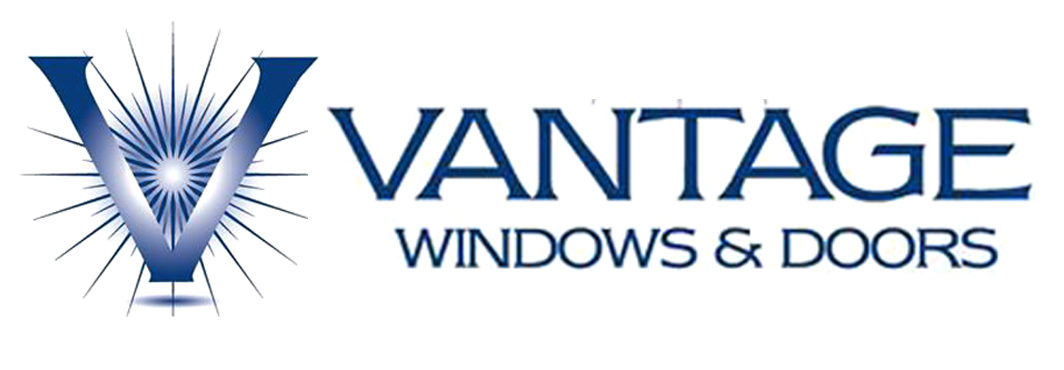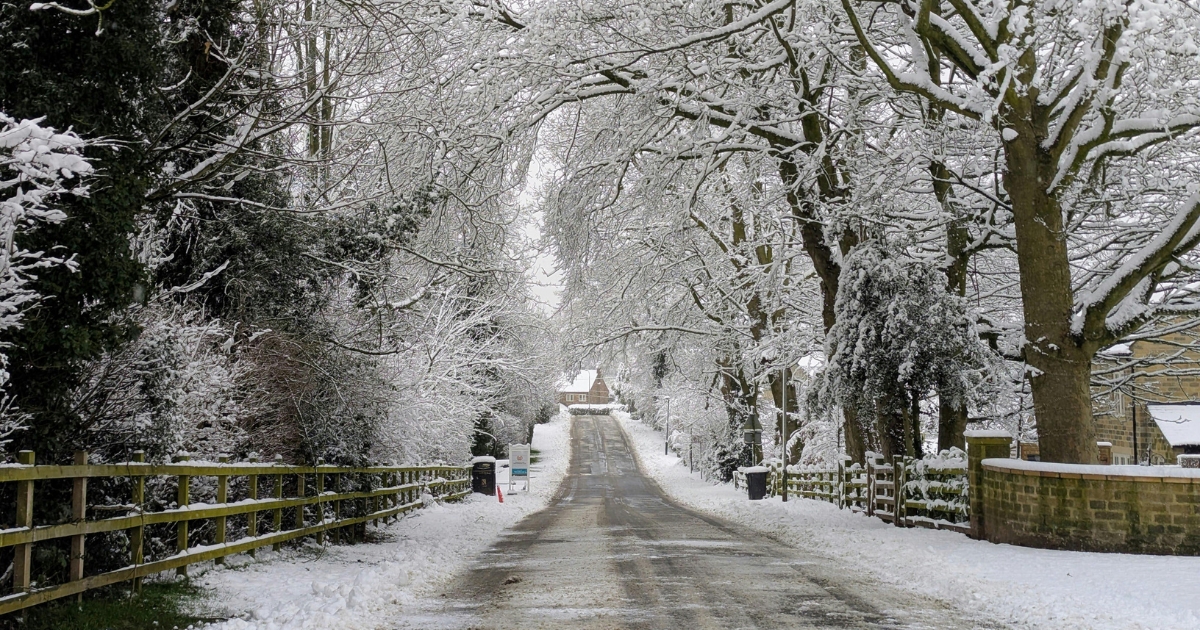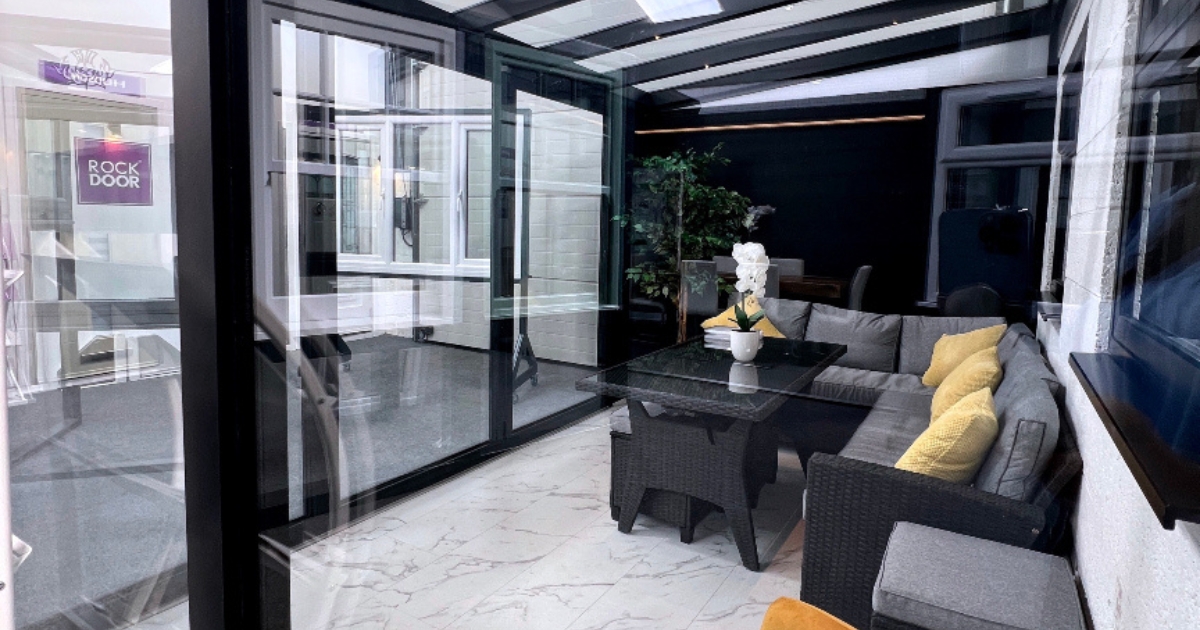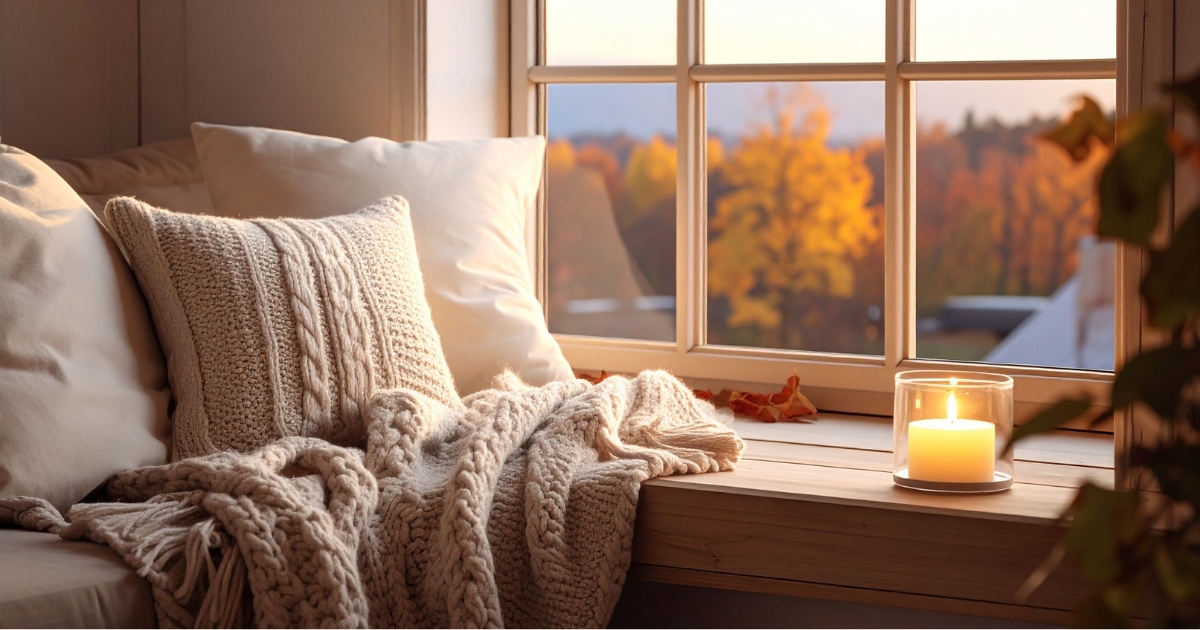The Hidden Costs of Old Windows (And Why Replacing Them Saves Money)
When you think about saving energy at home, you probably picture switching off lights or turning down the thermostat. But what if one of the biggest causes of wasted money was hiding in plain sight? In homes across Scotland, old or inefficient windows are responsible for thousands of pounds in energy loss over their lifetimes.
From higher heating bills to moisture damage, the cost of keeping outdated windows goes far beyond their appearance. At Vantage Windows & Doors, we’ve seen how replacing old glazing can completely transform a home’s comfort and efficiency. Below, we’ll explore the true costs of keeping ageing windows and how new, energy-efficient ones can save you money year after year.
Cost 1: Higher Energy Bills from Heat Loss
Old windows are a major contributor to inflated energy bills. Even a small gap between the frame and wall can let out a surprising amount of heat. Research shows that about 18% of the heat in a typical home escapes through the windows. In older homes across Glasgow, Edinburgh and beyond, that figure can be much higher.
When warm air seeps out, your heating system has to work harder to maintain a steady temperature. That means more energy, more fuel, and higher monthly costs.
If you have single glazing, the difference is even greater. Single-glazed panes lose heat twice as fast as modern double-glazed windows, according to government energy data.
You can sometimes feel this heat loss if you stand near your window on a cold evening, even when your heating is on. The glass feels icy to the touch, and you might notice cold air moving around the edges.
Over time, this inefficiency adds up to hundreds of pounds wasted each year. By installing modern, A-rated windows, you can keep warmth where it belongs and bring down your heating bills without sacrificing comfort.
Our double-glazed windows in Glasgow are designed to meet Scotland’s energy standards and help homeowners see a noticeable difference in both comfort and cost.
Cost 2: Condensation, Damp and Maintenance Damage
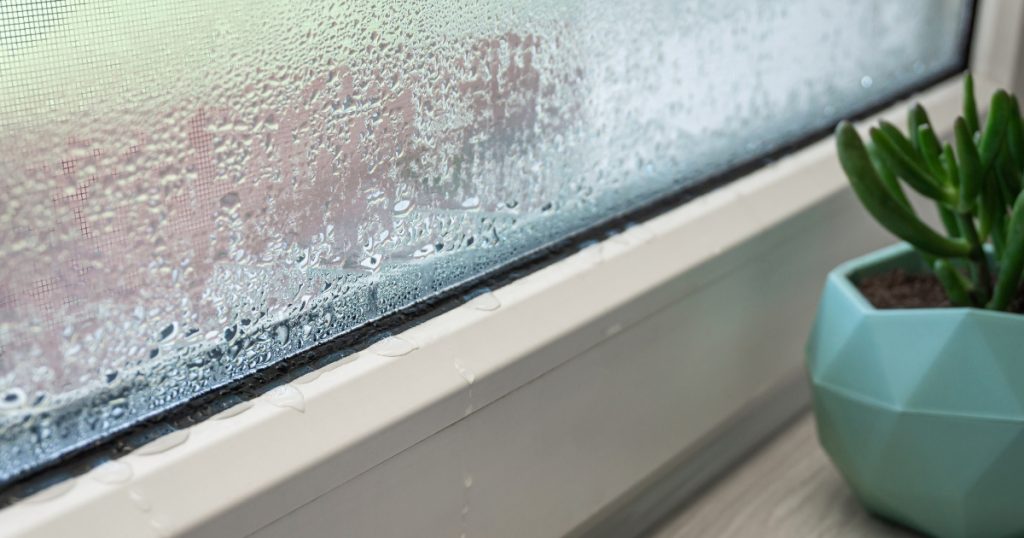
Another hidden expense of old windows is the damage caused by moisture. When seals fail or the glass doesn’t insulate properly, condensation forms between panes or on the inside of your frames.
Over time, this can lead to rot, peeling paint, and mould growth, all of which can be expensive to repair.
The issue isn’t just cosmetic. Mould spores can affect air quality, while damp patches can spread across plaster and wallpaper. Timber frames may soften, requiring sanding, repainting, or replacing much sooner. These maintenance jobs can easily cost hundreds of pounds over a few winters.
In older tenement buildings and traditional sandstone homes around Scotland, damp from failed windows can even affect structural areas if left unchecked.
By investing in well-sealed double glazing, you prevent recurring repair work and protect your home’s fabric for years to come.
Cost 3: Reduced Comfort and Thermal Performance
You might not always think of discomfort as a cost, but when cold spots make your home less enjoyable, that has real value. With old or worn windows, rooms often feel unevenly heated. You might find that one side of the room feels chilly while the other feels too warm.
This happens because old windows let cold air in and warm air out, upsetting the natural balance of your heating system.
In homes with large or north-facing windows, this effect can be dramatic. The space near the glass can feel several degrees colder, discouraging you from sitting near it.
That means parts of your home become underused in winter.
By replacing old glazing, you maintain a consistent indoor temperature and get back that lost living space. You’ll notice that your heating stays steady for longer, even after it switches off.
That’s the power of well-insulated frames and modern low-emission glass, which keeps warmth inside and cold air out.
Cost 4: Noise Intrusion and Reduced Acoustic Barrier
If you live near a busy street, railway line, or flight path, noise can be another hidden problem. Old windows let in sound easily because of thin glass, gaps, and poor seals. Even faint background noise can disrupt sleep and concentration.
Modern double and triple-glazing not only reduces heat loss but also blocks a large portion of external noise. Homeowners often say this improvement is one of the biggest surprises after upgrading.
A quieter home can boost wellbeing and make it easier to relax, work, or sleep.
Cost 5: Lower Property Value and Appeal
While the financial cost of higher energy bills is clear, the long-term value of your property also matters. Homes with old, inefficient windows are often less appealing to buyers. Estate agents know that poor glazing can be a sticking point, and buyers frequently reduce their offer to cover expected replacement costs.
According to the Energy Saving Trust, properties with higher energy performance ratings tend to sell faster and for more money. Old windows drag down a home’s Energy Performance Certificate (EPC) score, making it less competitive on the market.
Even if you’re not planning to sell soon, keeping your property in good condition is an investment in your future. New, energy-efficient windows not only add value but also enhance kerb appeal. Clean, well-designed frames and glass make any home look fresher and more cared for.
If you’re in an area like Glasgow or Paisley where older stone buildings are common, upgrading your windows can also improve insulation while maintaining your home’s traditional look. Our double-glazing windows in Glasgow range includes modern styles that suit both period and contemporary homes.
When Upgrading Your Makes Sense
There comes a point where repair work becomes a short-term fix rather than a long-term solution. If your windows are difficult to open, constantly mist up, or feel cold even when your heating is on, it’s time to consider replacement.
Energy efficiency ratings are the easiest way to compare performance. In the UK, windows are graded from G, the least efficient, to A++, the best. Look for windows with a low U-value, which measures how much heat escapes.
The lower the U-value, the better the insulation. A high-quality A-rated window keeps warmth in during winter and reduces solar gain in summer, keeping your home comfortable year-round.
Frame materials play a big part in overall performance. uPVC is one of the most popular and affordable options, offering durability and low maintenance.
Aluminium frames are sleek, modern, and now feature improved thermal breaks that prevent cold transfer. Timber-effect windows remain a good choice for traditional properties.
Modern glazing technology has also advanced rapidly. Double glazing can offer even energy savings, especially in areas with colder climates or exposed positions.
Professional installation makes all the difference. Even the best windows won’t perform properly if they’re fitted poorly. Choose an installer who uses quality materials, ensures airtight seals, and provides a proper guarantee.
At Vantage Windows & Doors, we handle every step from survey to installation, ensuring your new windows look great and deliver the performance promised.
If you’re also noticing draughts from older doors, upgrading them alongside your windows helps maintain consistent insulation. Please take a look at our doors in Glasgow to explore options that complement your home’s design and improve its energy rating.
Simple Upgrades You Can Do First
- Add draught stripping and replace failing seals
- Fit secondary glazing over the worst windows
- Use thermal curtains or heavy blinds
- Maintain and repaint frames to keep them intact
- Apply window insulation film in icy spells
- Fix small cracks promptly before they widen
These small changes can improve efficiency temporarily while you plan a full upgrade.
Cost vs Saving: How Quickly Can New Windows Pay Off
Although replacing windows requires an upfront cost, the savings build quickly. If 18% of your heat is lost through windows and modern glazing halves that loss, you could save around £135 a year on a typical £1,500 heating bill. That means a full upgrade can pay for itself over time, especially as energy prices rise.
Beyond bills, there’s the comfort factor. You’ll enjoy warmer winters, fewer draughts, and less condensation, all of which make your home more pleasant to live in.
FAQs
Q. Do new windows really make that much difference?
A. Yes, the improvement is noticeable right away. Modern glazing creates a stronger barrier against cold and helps your heating system maintain an even temperature. That means lower bills, fewer draughts, and a more comfortable home year-round.
Q. Can I replace only some of my windows and still see benefits?
A. You can, and it’s often a smart approach if you’re working with a budget. Start with the coldest or most used rooms first. Many of our customers choose to upgrade in stages and still see an immediate improvement in comfort and noise reduction.
Q. How long do quality replacement windows last?
A. High-quality windows can last 25 years or more, especially with proper installation and regular care. Keeping frames clean, seals intact, and locks lubricated will extend their lifespan even further.
Q. Will new windows increase my home’s value?
A. Yes, energy-efficient windows are one of the most attractive upgrades for buyers. They lower running costs, reduce noise, and instantly modernise a property’s appearance. Homes with good energy ratings tend to hold their value better, especially as buyers become more aware of rising energy costs.
If you’re ready to stop losing money through inefficient windows, contact Vantage Windows & Doors today. We’ll help you find the best solution for your home, whether that’s upgrading a few rooms or replacing your windows across the property. A warmer, quieter, and more efficient home could be just a call away
Categories: Double Glazing Glasgow, Updates, Windows
